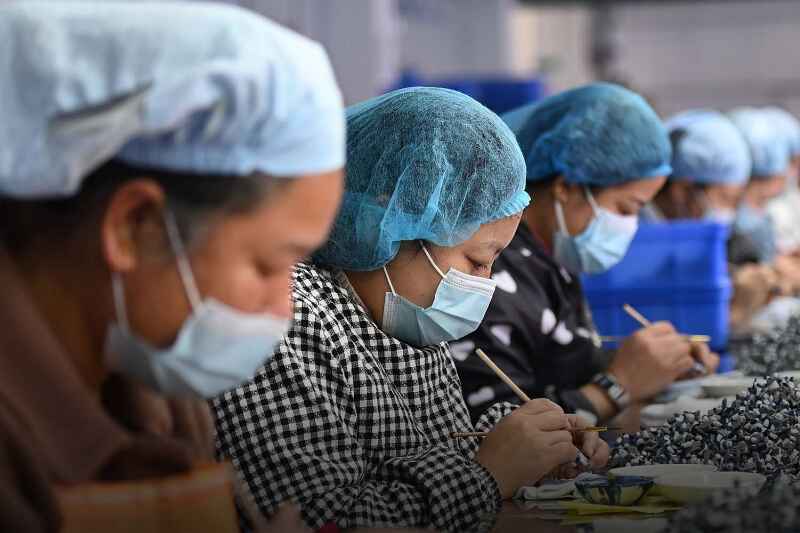
China Raises Retirement Age to Address Aging Workforce and Declining Population
China is set to raise its retirement age which is currently one of the lowest among major economies in response to a shrinking population and an aging workforce. The Standing Committee of the National People’s Congress approved the policy which will be gradually implemented over the next 15 years.
The new policy will raise the retirement age for men to 63 while women will retire at 55 or 58, depending on their job type. Currently, men retire at 60, women in blue-collar jobs at 50, and women in white-collar positions at 55. These retirement ages have been in place since the 1950s, when life expectancy was significantly lower.
The change aims to ease the pressure on China’s pension system as the country faces a rapidly aging population. By 2035 it’s estimated that China will have 400 million people over the age of 60 placing immense strain on its social benefits.
Demographic trends have also shifted with younger generations having fewer children. In 2022 population of China start to decline, with 850,000 fewer people, and by 2023, the population dropped by 2 million. This decrease has resulted in fewer workers contributing to the pension system increasing the financial burden on younger generations.
Experts say the adjustment is necessary but could pose short-term challenges, especially as China already grapples with high youth unemployment and economic strife.
While there has been public concern and criticism only a limited number of comments have appeared on state media posts suggesting censorship of sensitive discussions around the policy.




